Hobby Losses vs. Business Losses
Key Differences You Should Know
We live in an expensive world. And in recent months, it’s gotten even costlier. According to data released by the U.S. Bureau of Labor Statistics earlier this year, during the 12-month period of February of 2022 to February of 2023, consumer food prices rose 9.5%, shelter prices rose 8.1%, and energy prices rose 5.2%. These increases are substantial and do not go unnoticed. In turn, many folks have cleverly and cunningly searched for ways to earn extra money. Unsurprisingly, the IRS wants to know about these “side hustles,” and come “tax time,” expects to collect tax on any profits earned. But the question then arises – what happens if a side hustle shows a loss? That is, what happens if expenses incurred in connection with a side hustle exceed the revenue collected in connection with that side hustle? Can the loss be used to offset other sources of taxable income (ex: W-2 wages)? The answer to these questions depends on whether the activity is classified as a small business or a hobby. This article will clearly explain how to make that assignment and describe the effect that it has on your taxes.
Unfortunately, the IRS does not render a simple formula to determine whether a side hustle constitutes a small business or a hobby. Instead, the IRS provides a list of several factors to consider in making the determination. These factors are listed in IRS Publication 535 (Deducting Business Expenses). They are meant to be analyzed in combination, and not one attribute alone should be treated as determinative.
- You carry on the activity in a businesslike manner,
- The time and effort you put into the activity indicate you intend to make it profitable,
- You depend on the income for your livelihood,
- Your losses are due to circumstances beyond your control (or are normal in the startup phase of your type of business),
- You change your methods of operation in an attempt to improve profitability,
- You (or your advisors) have the knowledge needed to carry on the activity as a successful business,
- You were successful in making a profit in similar activities in the past,
- The activity makes a profit in some years, and
- You can expect to make a future profit from the appreciation of the assets used in the activity.
If the majority of these elements are true, the activity constitutes a business, and losses are deductible (i.e., can be used to offset your other sources of taxable income). If the majority of these elements are not true, the activity constitutes a hobby, and losses are not deductible (i.e., cannot be used to offset your other sources of taxable income).
When a taxpayer self-classifies an activity as a for-profit business endeavor, the IRS automatically agrees if the activity recognizes a profit in at least 3 of the last 5 tax years, including the current year. Losses continue to be deductible. If the 3-years-of-profit test is not met, the IRS reserves the right to reclassify the activity as a not-for-profit hobby moving forward. Future losses will not be deductible. This is commonly known as the “hobby loss rule” and is delineated in detail under Internal Revenue Code § 183. The rule applies to individuals, partnerships, estates, trusts, and S-Corporations. It does not apply to corporations other than S-Corporations.
There are specific steps that taxpayers can take to strengthen a for-profit business classification. Those include but are not limited to the following: maintaining accurate records, developing a comprehensive business plan, obtaining the necessary business licenses and permits from the appropriate federal/state/local agencies, acquiring separate business bank accounts, and frequently reviewing overall business performance. In many cases, even if the 3-years-of-profit test described above is not met, taking these precautions will be enough to reason with the IRS to prolong reclassification of the endeavor to hobby status – at least temporarily.
In time, the ultra-inflationary environment in which we are currently situated will subside. Things might start to feel less expensive than they presently do, and the number of new side hustles may begin to decline. But the IRS classification of small businesses vs. hobbies is here to stay. Before haphazardly undertaking that new jewelry-making or photography endeavor, it’s important to understand the tax consequences of the enterprise – whether you find yourself showing a net profit or, more importantly, a net loss.
Should you have additional questions, please contact Jeff Audi via e-mail at [email protected] or via telephone at 404-294-5917.









